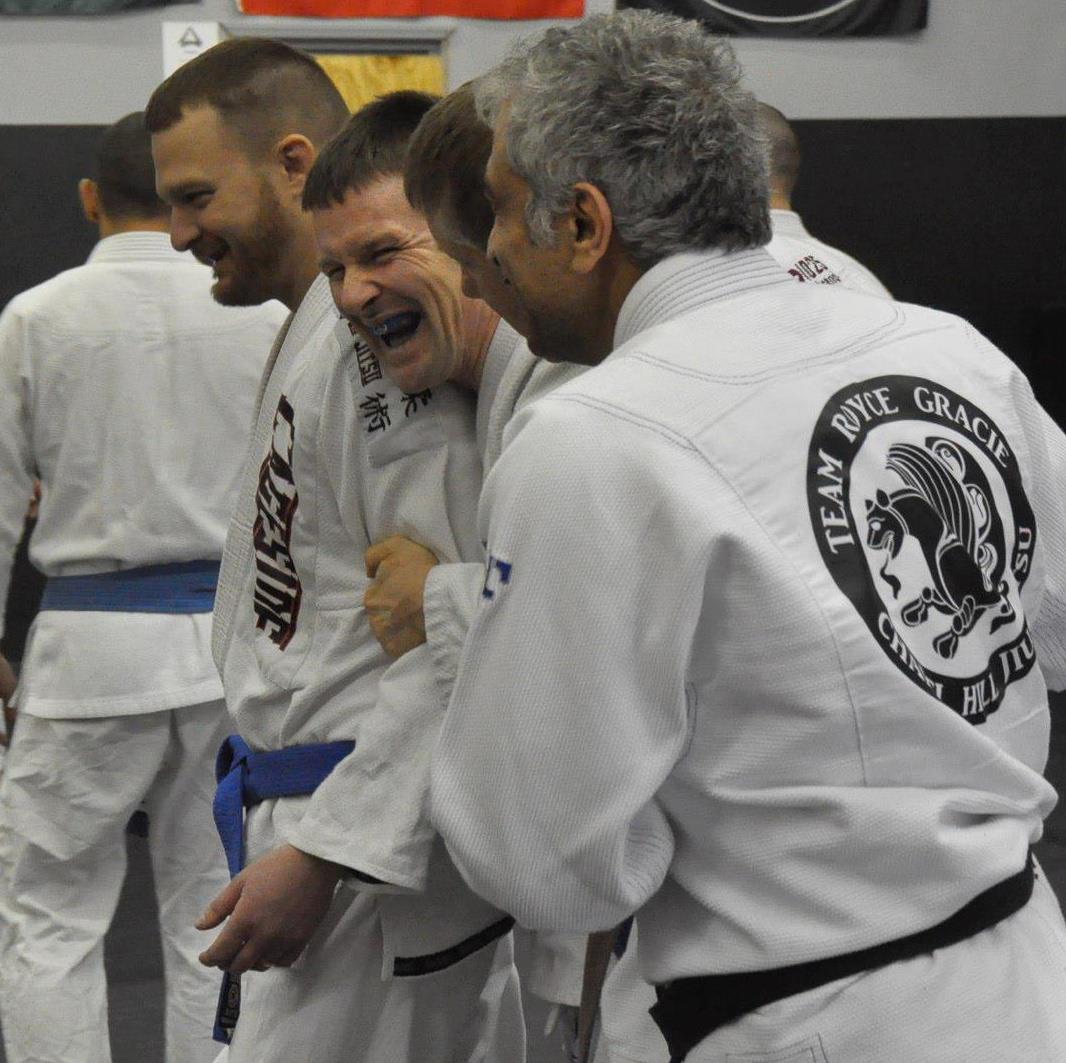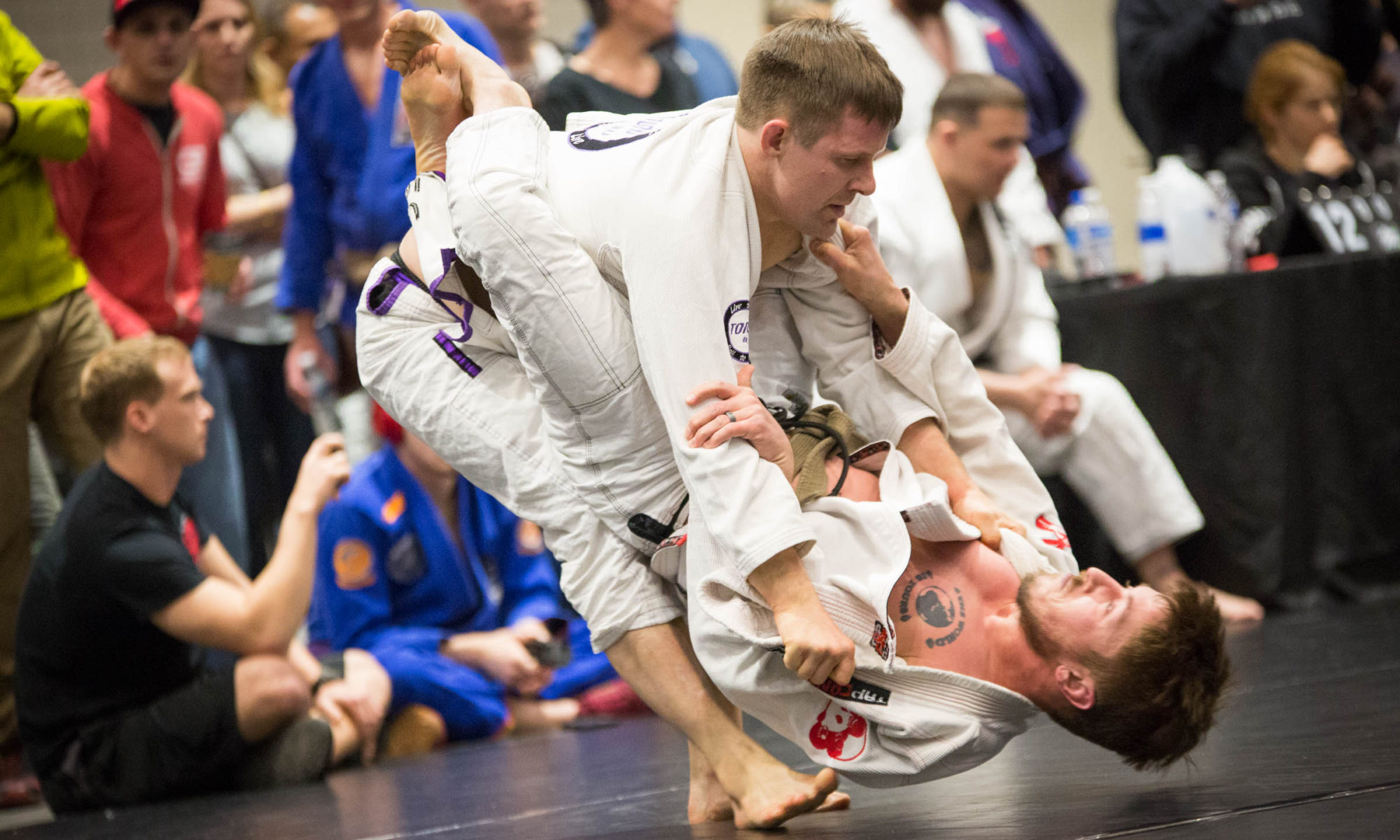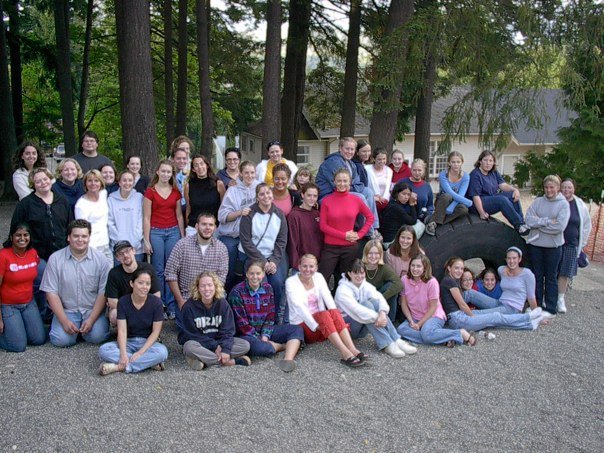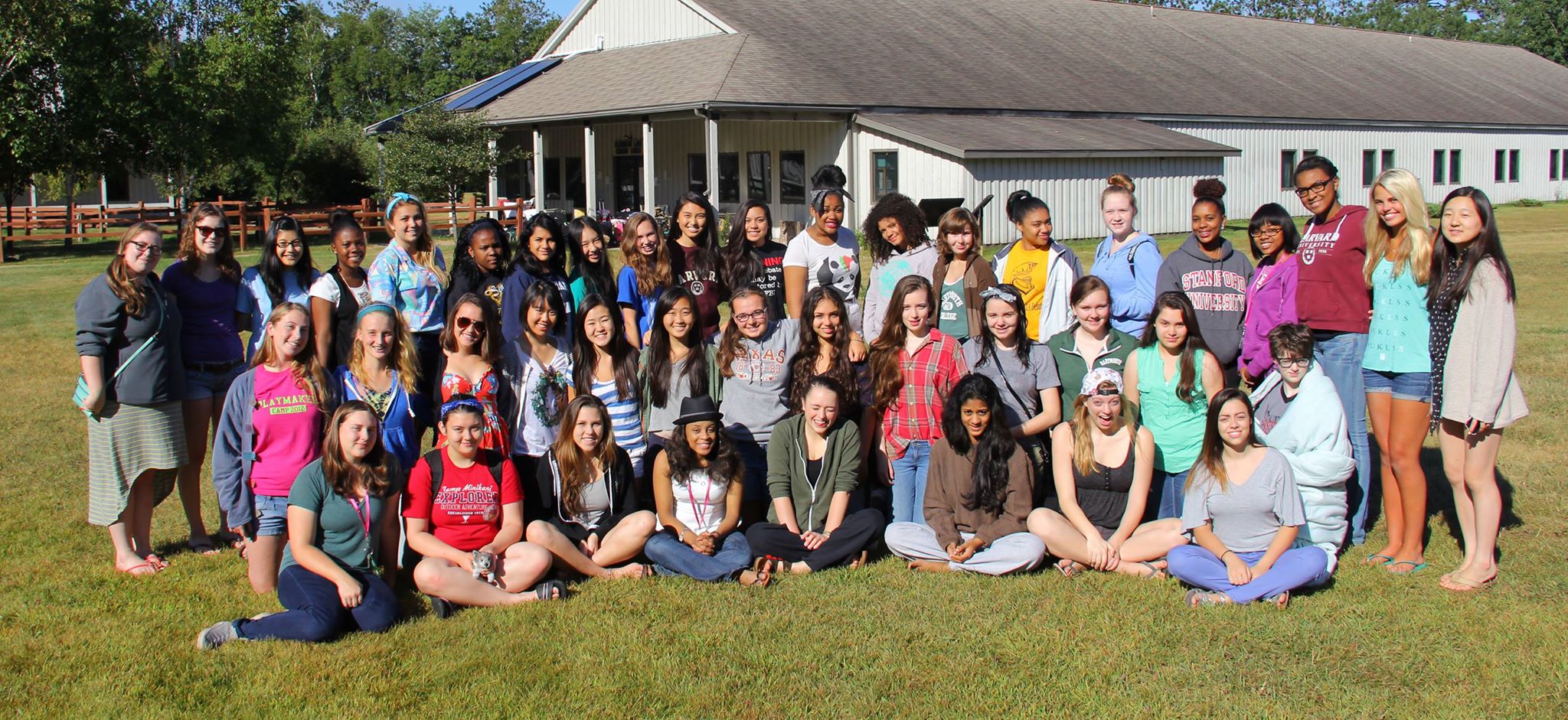I first read Moby Dick at a young age, too many years ago to admit. I first realized that the book is actually about jiu-jitsu just this week.
Herman Melville’s opus chronicles a titanic struggle between an otherworldly whale and his human arch-nemesis. Although ultimately the whale teaches Ahab to laugh and love again through the healing power of sea chanties — sorry for the spoilers — the novel is really about obsession.
The most powerful passages from what is, to me, the most American of novels, hit on these themes: there is power in passion and commitment, but also danger; the beautiful corners of life can also be terrible, and that terror has substantial interplay with the beauty; and finally, we’re drawn as human beings to perilous pursuits, but there is peril in ignorance and comfort as well.
Moby Dick is about a subculture of diverse, intrepid people who share an extreme life experience that only a small fraction of human beings ever will. Their journeys take them spectacular places, far out of each individual’s comfort zone, and are marked by the knowledge that nothing really serves as a substitute. Like I said: it’s about jiu-jitsu.
If this makes sense to you, you’re probably a nerd. If this really makes sense to you, you’re a nerd who trains. Either way, you’re in the right place.
I could’ve easily picked the top 100 passages from Moby Dick that speak to the jiujitsu lifestyle. Upon the advice of my attorney and life coach (a 10-year-old hound dog named Penny), I’ve whittled it down to 15. Here goes:
1. “…the great floodgates of the wonder-world swung open…”
The narrator of Moby Dick, who goes by the name Ishmael, speaks with awe and wonder of being at sea, using this phrase to describe his perception.
Remember the first time you hit a move cleanly on someone who was trying with all their might to stop you? Or: remember the moment when you first chained two or three moves together? For me, executing my first scissor sweep was like watching an angel came down from heaven and play the entirety of Led Zeppelin IV.
When you’re in the flow, the whole glorious world of possibility opens. This is what it’s like when Ishmael goes to sea, or when many of us hit the mats. We open the great floodgates of the wonder-world.
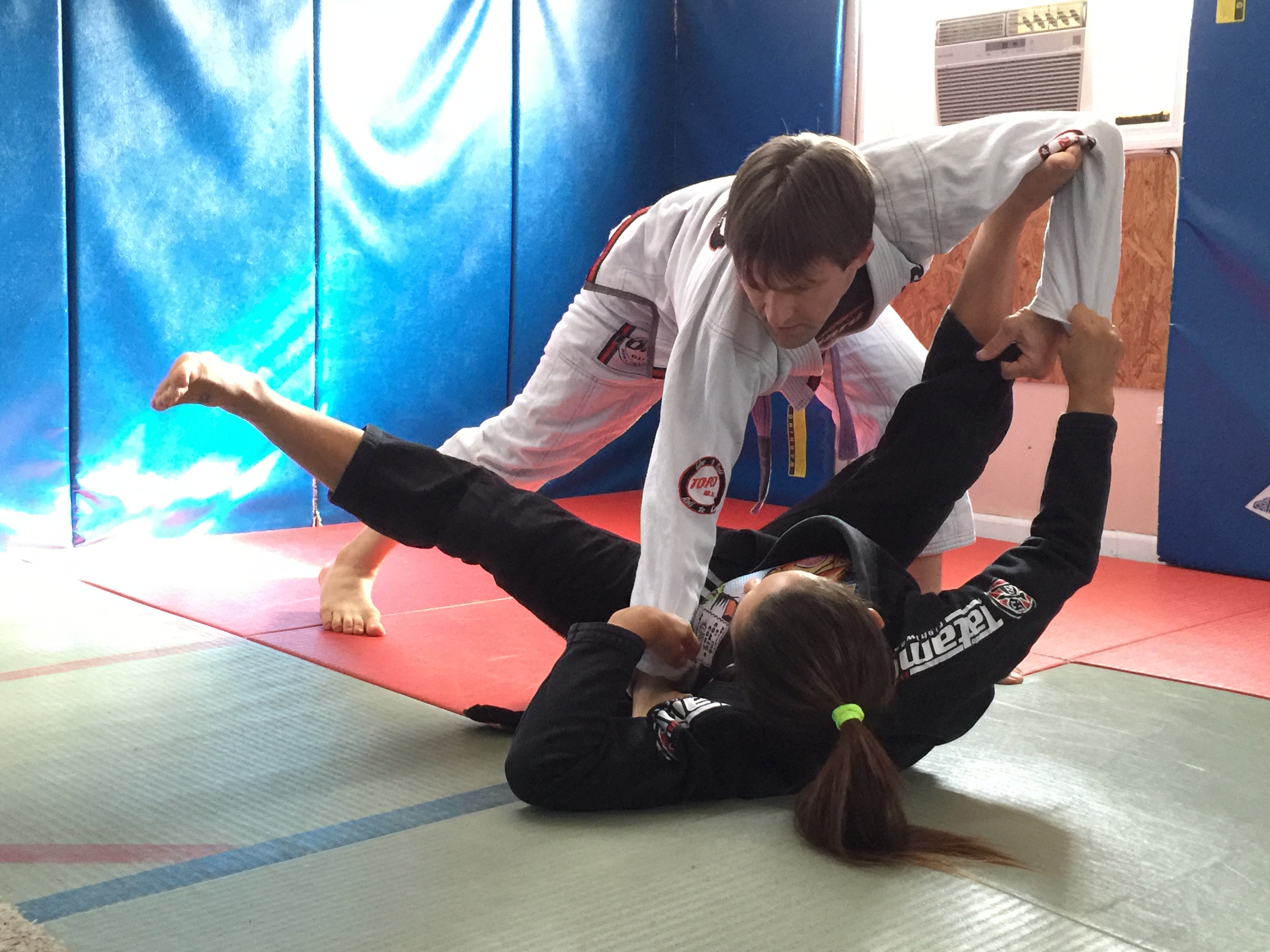
2. “…to the last I grapple with thee; from hell’s heart I stab at thee; for hate’s sake I spit my last breath at thee.”
The most rhetorically powerful speech of the book is also its most direct reference to grappling. These climactic epithets Ahab shrieks at Moby Dick always fire me up — and make me think of those gnarly death rolls in the final round of a tournament.
Ahab could really cut a promo, even on a marine mammal. I think more people would love Moby Dick if they produced a version that included just his venomous speeches. I mean, just read that passage again: it’s as if the Spartans at Thermopylae had a speechwriter that wrote for an academic version of Ric Flair. If they boiled down Moby Dick to these speeches, it’d be like Thomas Jefferson’s version of the Bible: lean and mean.
3. “It is not down on any map; true places never are.”
The cannibal moral center of the novel, Queequeg, is a native of Rokovoko, “an island far away to the West and South.” But you can’t find it. Because it’s not on the map.
https://upload.wikimedia.org/wikipedia/commons/thumb/f/f7/Queequeg.JPG/220px-Queequeg.JPG
Speaking of jiujitsu is a journey is common — because it is. Your instructor might show you a move, or teach you a concept. It’s up to you to perfect that move for you, or internalize that concept. That takes time, and effort, and commitment.
It also takes faith. If your instructor could tell you “do these three things, and you’ll be an expert at guard passing,” it would make life a lot simpler. But no honest instructor would do that. You’ve got to pursue that yourself, trusting that walking the path the right way will ultimately lead you to the destination.
Jiujitsu is the truth. That’s why there’s no roadmap.
4. “Whenever I find myself growing grim about the mouth; whenever it is a damp, drizzly November in my soul; whenever I find myself involuntarily pausing before coffin warehouses, and bringing up the rear of every funeral I meet; and especially whenever my hypos get such an upper hand of me, that it requires a strong moral principle to prevent me from deliberately stepping into the street, and methodically knocking people’s hats off – then, I account it high time to get to sea as soon as I can.”
This is Ishmael describing in vivid detail how turbulent his life would get between trips to sea. In the book, the sea provided a release valve for all that pent-up aggression.
One of my friends used to get into a lot of street fights. He’s trained in several martial arts, fought, competed, and generally run the gamut of training options. Once he told me that jiujitsu in the gi is the only art that ever made him a better person.
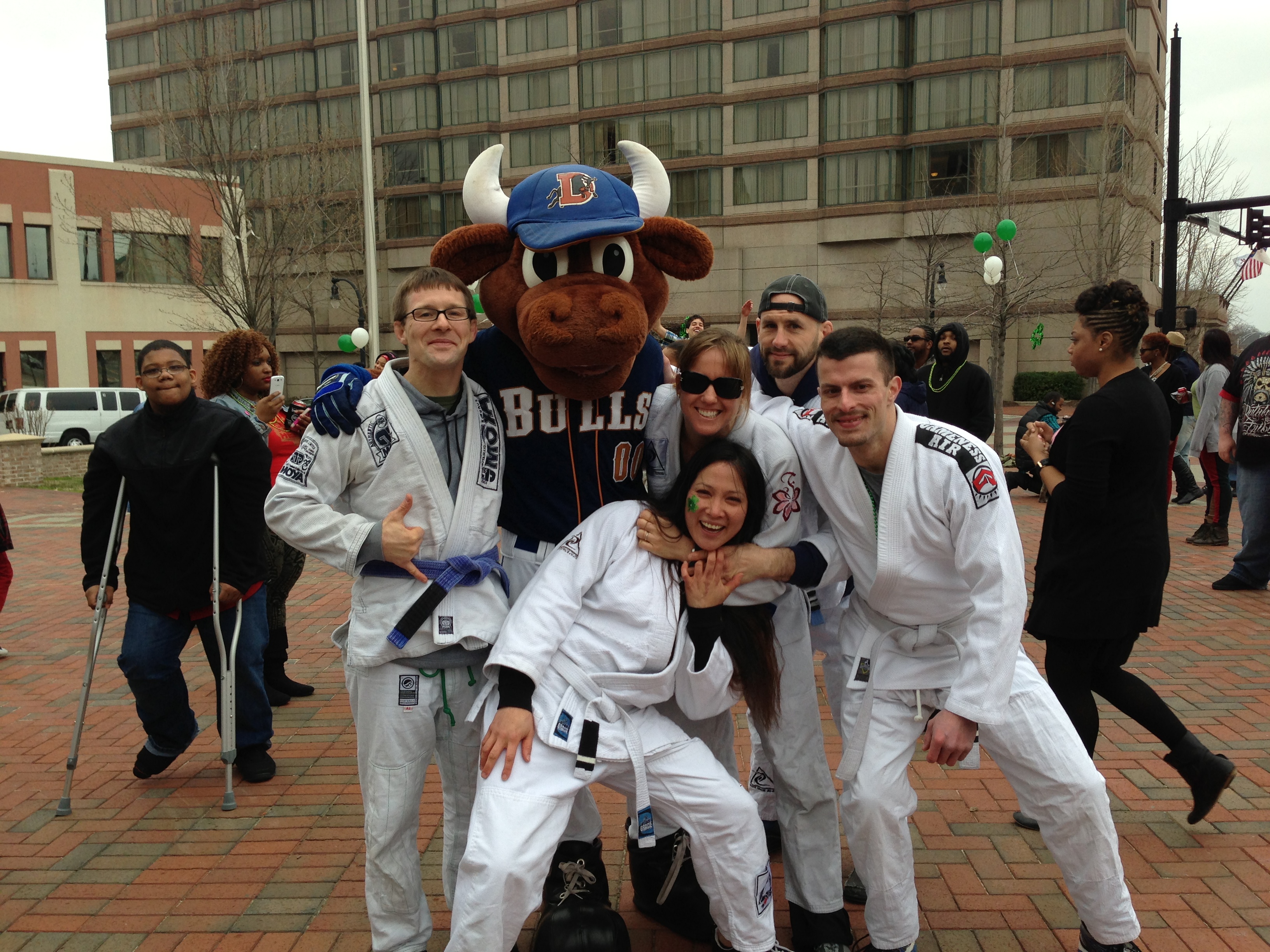
We all know people who can only simmer down their blood by training. If you’re reading this, you can probably name a dozen people who are sanest and calmest immediately after class.
Maybe you’re one of those people. I am.
5. “There are certain queer times and occasions in this strange mixed affair we call life when a man takes this whole universe for a vast practical joke, though the wit thereof he but dimly discerns, and more than suspects that the joke is at nobody’s expense but his own.”
Sometimes in class, you’re a step late to every move. Sometimes the people you usually submit get away, the people you usually dominate positionally give you hell, and the people who usually whoop up on you lay the smack down even worse than normal.
Sometimes a meme of you getting choked ends up everywhere on the Internet. Life is funny!
https://s-media-cache-ak0.pinimg.com/736x/de/d9/06/ded906383160a88c3e947d620e1923ca.jpg
6. “I try all things, I achieve what I can.”
One of many “words to live by” lines in the book comes from the maybe-unreliable narrator, Ishmael. When he tries to describe the whale, he confesses it’s not his area of expertise, but he’ll give it a shot.
You have to do this in jiujitsu: you might know you can’t pass your instructor’s guard, but try. Fail. Fail again. Fail better. Try everything. Achieve what you can.
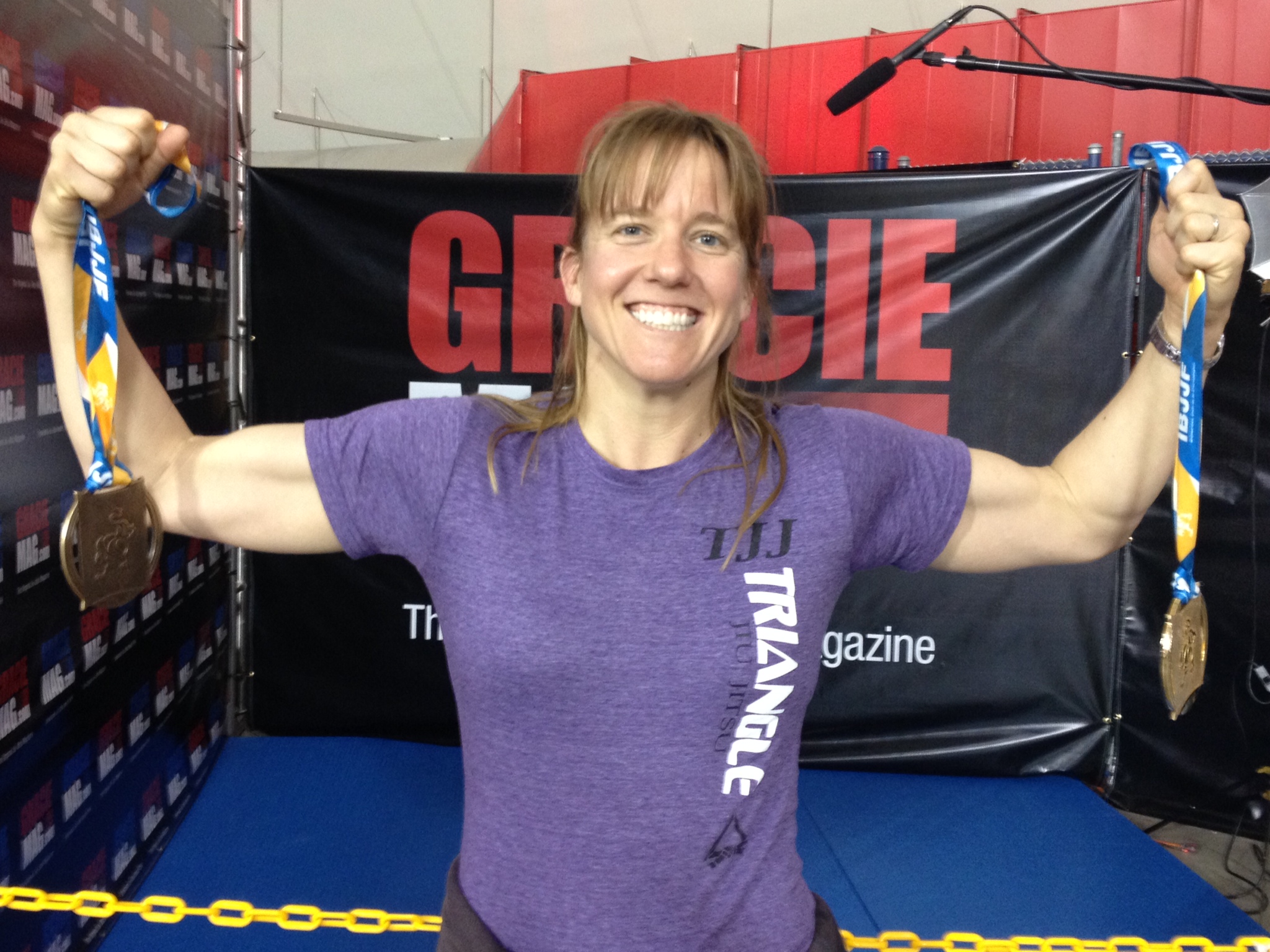
7. “There is a wisdom that is woe; but there is a woe that is madness.”
Ishmael says this after he’s been staring into a fire, reaching a near hypnotic state.
The reality is this: sometimes, you should feel bad. Ego isn’t always the enemy, and disappointment is a natural fact of jiujitsu life. There is always someone better than you, and sometimes you have a tough day of competition or a night where everything you try gets shut down.
I’m not going to tell you not to feel bad when this happens. Disappointment is the source of strong motivation. There is wisdom in the woe that comes from a bad result.
In Moby Dick, Ishmael acknowledges that people with strong will — those with souls “in the mountains” — can profit from woe and gloom. This is the way we transcend the ordinary. Don’t let it drive you crazy, though, lest you end up on a boat with some nutjob, or in an emo band.
8. “Consider the subtleness of the sea; how its most dreaded creatures glide under water, unapparent for the most part, and treacherously hidden beneath the loveliest tints of azure.
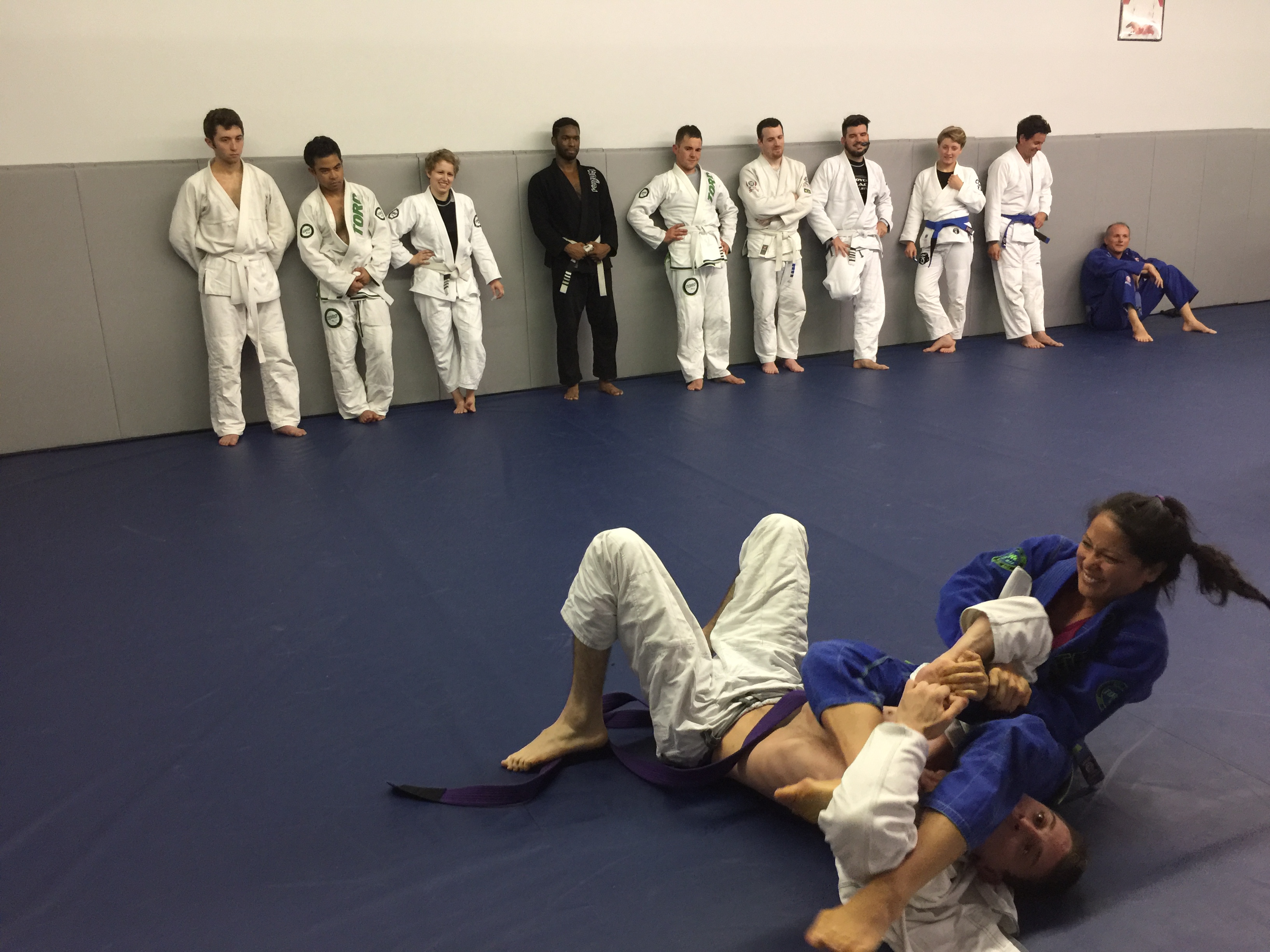
Consider also the devilish brilliance and beauty of many of its most remorseless tribes, as the dainty embellished shape of many species of sharks.”
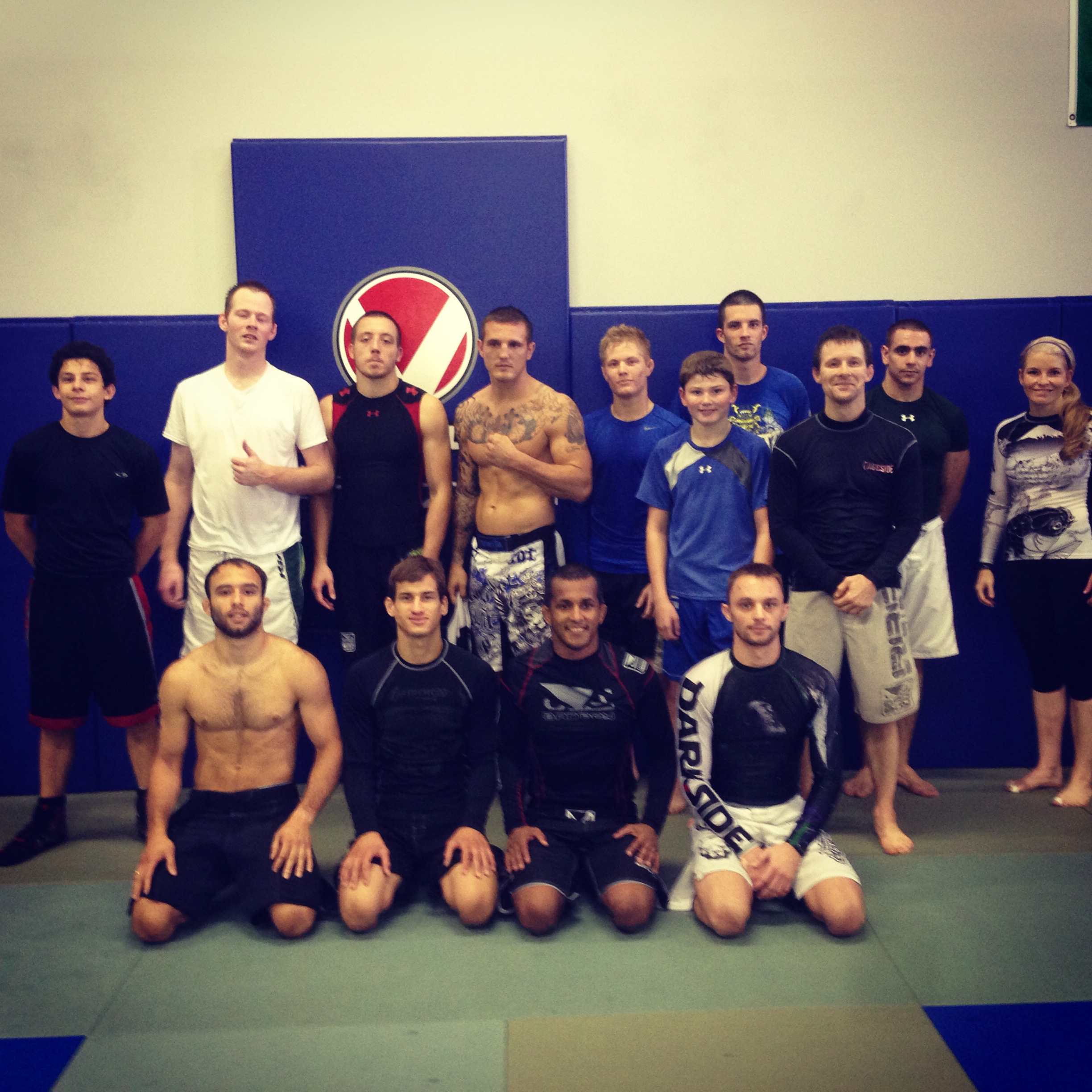
When you walk into a jiu-jitsu gym, you might think you know who the baddest people are just by looking at them. You’re often wrong.
Like the sea under the surface, jiu-jitsu is subtle, and the deadly creatures come in all shapes, sizes, genders and ages. Like the sharks in Moby Dick, the mat animals are treacherously hidden until it’s too late to avoid them.
9. “Ignorance is the parent of fear.”
This is how Ishmael feels about bigotry: that lack of exposure to cultures like Queequegs leads people to make unfounded assumptions, resulting in anxiety — which perpetuates the lack of awareness that leads to fear in the first place.
This is how I feel about leglocks.
10. “Squeeze! Squeeze! Squeeze! all the morning long; I squeezed that sperm till I myself almost melted into it; I squeezed that sperm till a strange sort of insanity came over me, and I found myself unwittingly squeezing my co-labourers’ hands in it, mistaking their hands for the gentle globules.
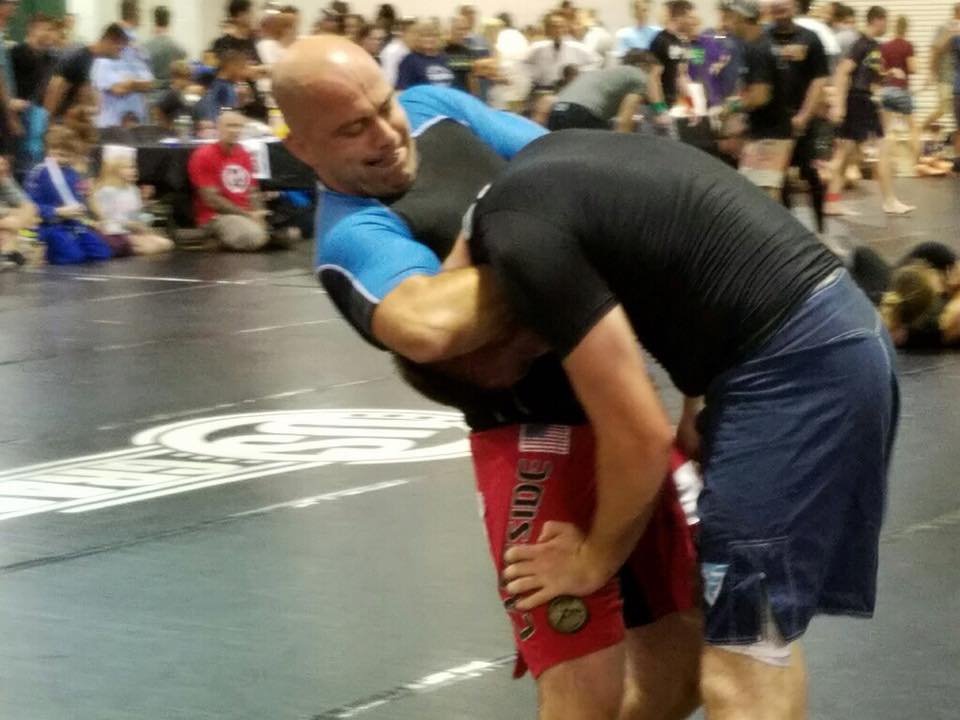
Such an abounding, affectionate, friendly, loving feeling did this avocation beget; that at last I was continually squeezing their hands, and looking up into their eyes sentimentally, as much as to say,—Oh! my dear fellow beings, why should we longer cherish any social acerbities, or know the slightest ill humour or envy! Come; let us squeeze hands all round; nay, let us all squeeze ourselves into each other; let us squeeze ourselves universally into the very milk and sperm of kindness.”
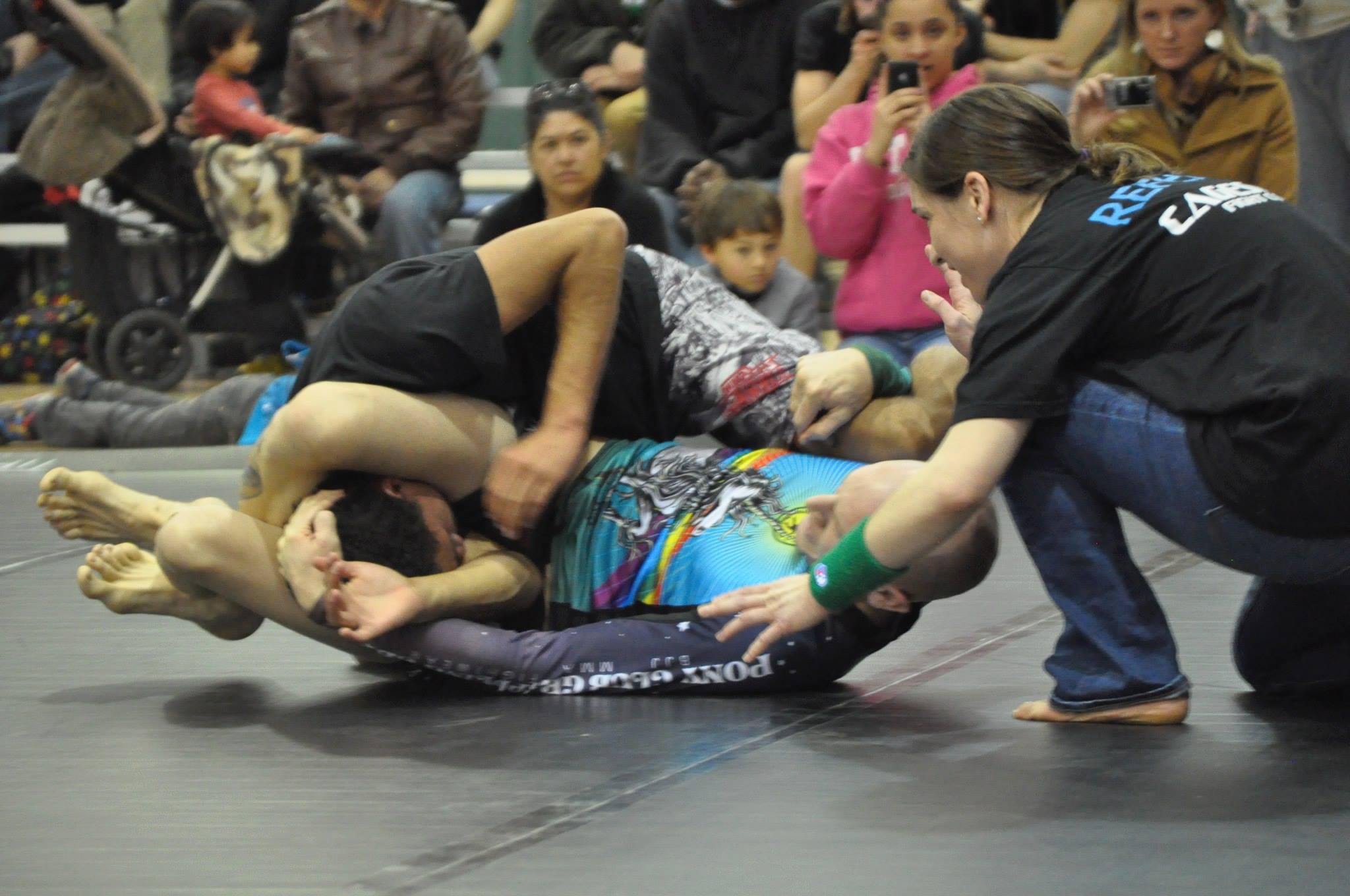
Who doesn’t love a good head squeeze? We squeeze each other’s heads with our arms, we squeeze each other’s necks with our legs. Then, like the sailors on the Pequod, we squeeze hands afterward in a gesture of friendship and comity.
… and in that passage, Ishmael is talking about whalers breaking up the lumpy spermaceti that is found in the whale’s head and sold. What did you think he was talking about?
11. “To enjoy bodily warmth, some small part of you must be cold, for there is no quality in this world that is not what it is merely by contrast. Nothing exists in itself. If you flatter yourself that you are all over comfortable, and have been so a long time, then you cannot be said to be comfortable any more. For this reason a sleeping apartment should never be furnished with a fire, which is one of the luxurious discomforts of the rich. For the height of this sort of deliciousness is to have nothing but the blanket between you and your snugness and the cold of the outer air. Then there you lie like the one warm spark in the heart of an arctic crystal.”
Life is a struggle between hardness and softness. You don’t want to be completely hard, because it stops you from enjoying existence. You don’t want to be completely soft, because you’re unprepared for what life throws at you.
Jiujitsu is fun. Jiujitsu is hard. Hard training necessitates discomfort, which prepares you for other forms of discomfort.
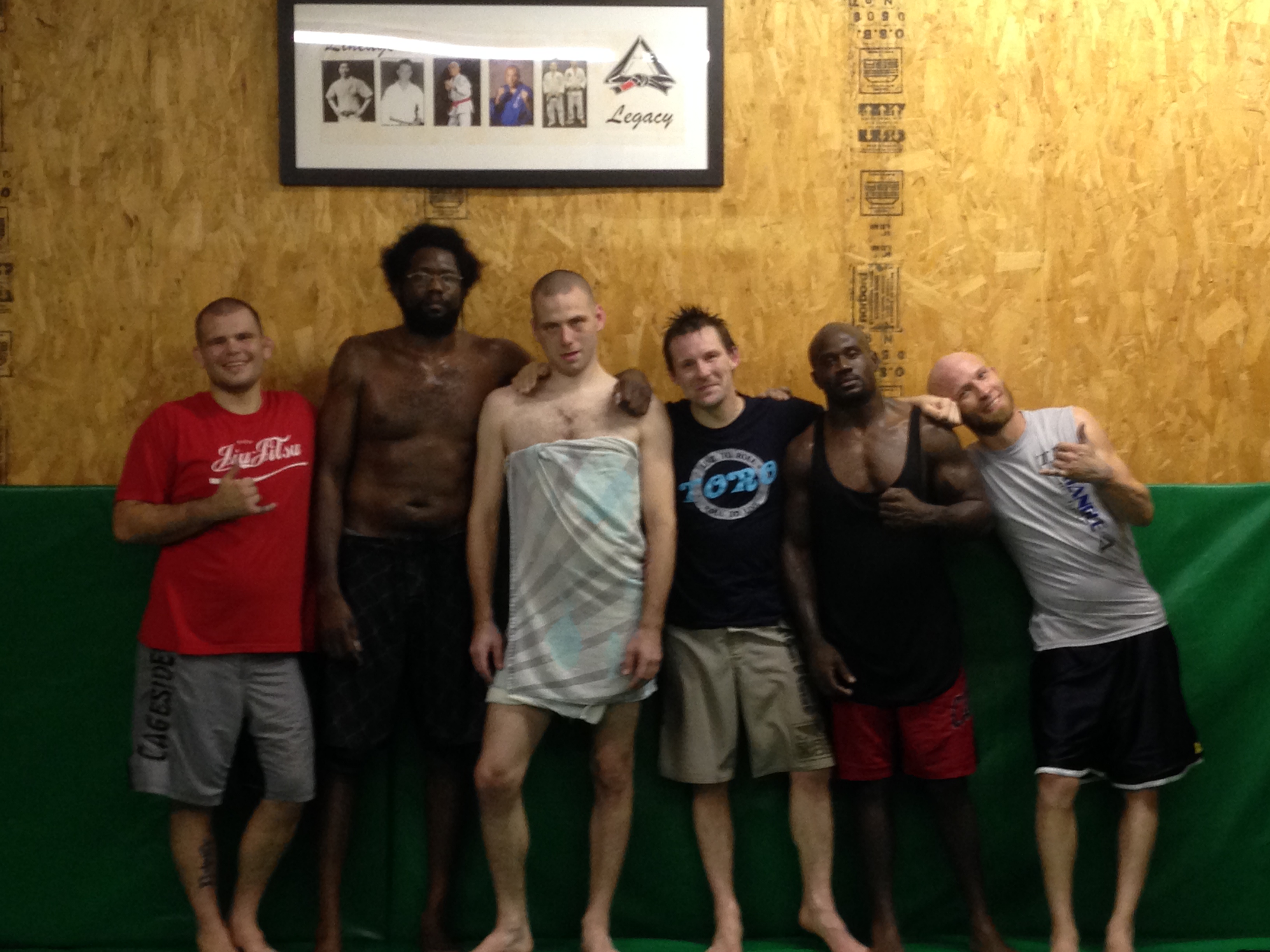
12. “For small erections may be finished by their first architects; grand ones, true ones, ever leave the copestone to posterity. God keep me from ever completing anything. This whole book is but a draught – nay, but the draught of a draught.”
The week Grandmaster Helio Gracie died, he was working on a new choke. Think about that. He’d constructed this art over his whole long life — and was still working on innovations at the end of it.
You’re never done doing jiujitsu. Ever. The power of the art is that you’ll never finish. There is — like the open sea — always more to explore.
This is the source of the blog’s name, too: training jiujitsu means you never stop learning.
13. “I am past scorching; not easily can’st thou scorch a scar.”
Stuff like this happens to you in jiujitsu. Are you really going to be scared of a conversation with your boss after this?
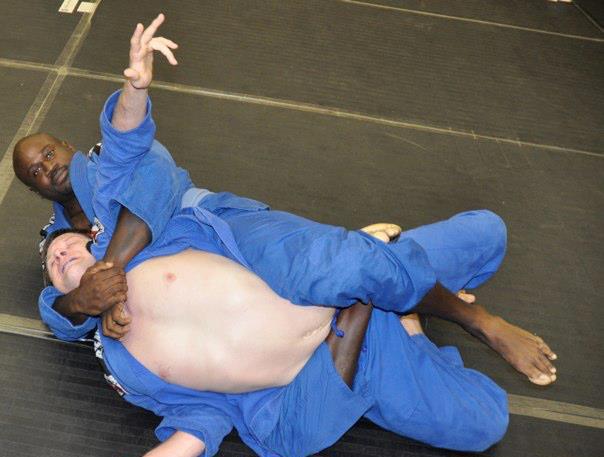
14. “All my means are sane, my motive and my object mad.”
Ahab’s admission of his own lunacy rings true for me. I think meticulously and constantly about the best practices for improving at jiujitsu. I review scientific research about nutrition, body and brain health, and the process by which we learn complex tasks.
I do this so I can take part in things that strike the people who don’t train as, well, nuts.
Once, during a hard session preparing for a friend’s fight, we had five upper belts and one white belt taking part. It was summer in North Carolina and the temperature had cracked 100 degrees with the type of humidity associated with a steam room. The sweat was flowing like water and the action was non-stop. The wet air made it tough to breathe.
The white belt was young and in good shape: at least as good as any of us, and maybe better. But he was struggling, and after each drill or sparring round he’d look around at each of us in disbelief. I wasn’t sure what he was looking for — I was using all my mental resources to follow instructions and not fall apart, in that order — until about 20 minutes into the training.
He walked to the door, and opened it, letting in a fresh burst of air. Then he walked outside and shouted back at us:
“You guys are crazy!” It was clear he was leaving.
Without looking up, all five of us instinctually replied: “See ya.”
We kept training. He shook his head in disbelief and I don’t think I’ve seen him since.
If you want to improve, these are the things you do. It’s the correct means to a mad end. Here’s the thing: no one who doesn’t train has to understand.
15. “I know not all that may be coming, but be it what it will, I’ll go to it laughing.”
This one is better left out of context. It’s just a good rule to live your life by.
We have no idea what our futures include. If they include jiujitsu and laughter, I think we’ll all be all right.
